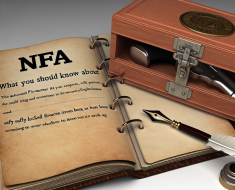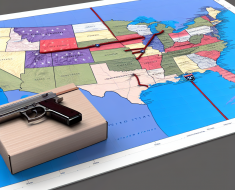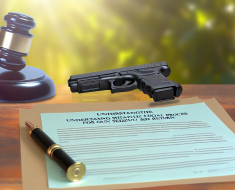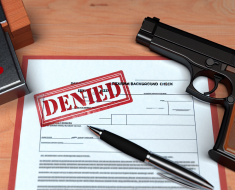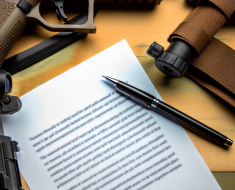The Role of Gun Lobbying Groups in Legislation
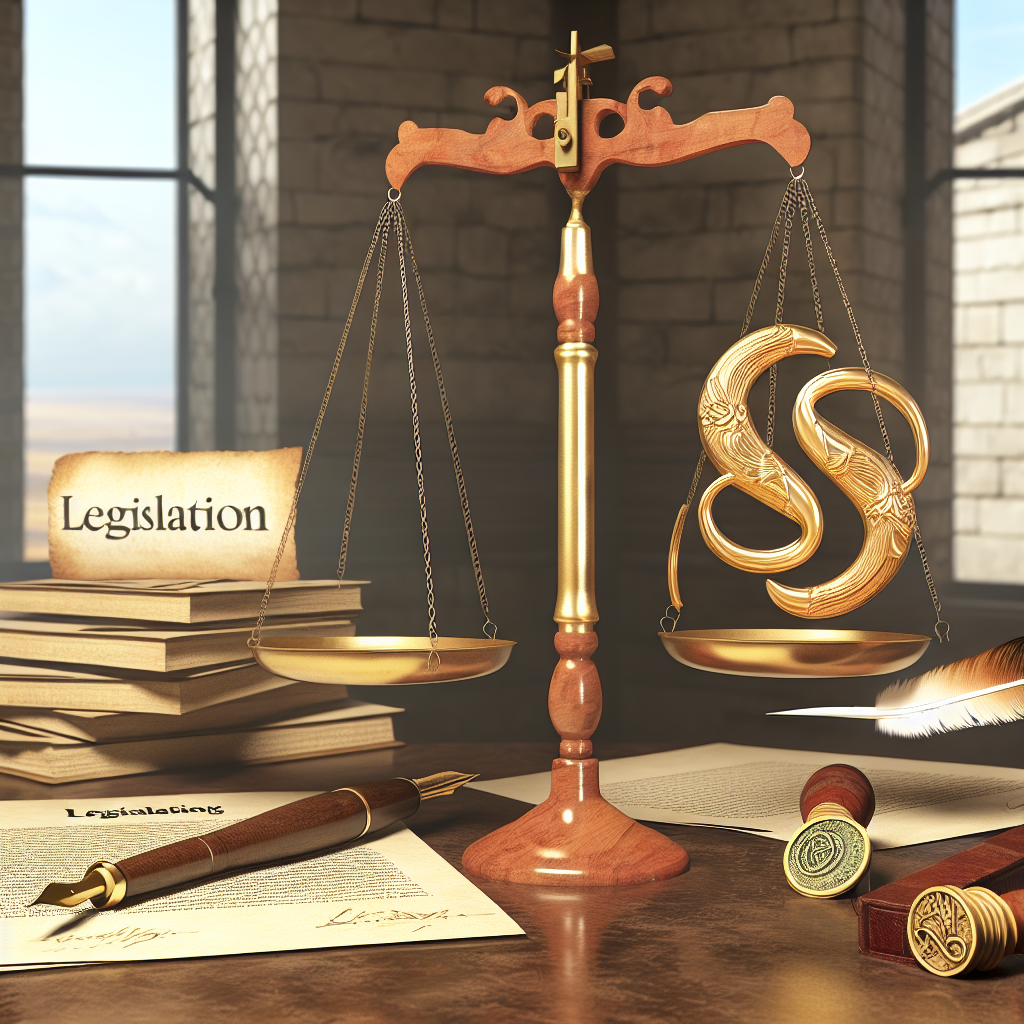
The influence of gun lobbying groups on legislation is a critical topic in contemporary political discourse, especially in countries like the United States where firearms policy remains deeply contentious. These organizations wield significant power, shaping laws that affect millions of citizens and the broader public safety landscape. This article delves into the role of gun lobbying groups in legislation, examining their strategies, impact, and the broader implications for democracy and public policy.
Understanding Gun Lobbying Groups: Who They Are and What They Do
Gun lobbying groups are organizations that advocate for policies related to firearm ownership, regulation, and rights. Their primary goal is to influence legislative processes to align with their stance on gun control or gun rights. The most prominent among these groups is the National Rifle Association (NRA), but many others exist at both national and local levels.
These groups typically engage in a variety of activities, including:
- Lobbying lawmakers: Direct interaction with legislators to advocate for or against specific bills.
- Campaign contributions: Funding political candidates who support their agenda through Political Action Committees (PACs).
- Public campaigns: Mobilizing public opinion through advertising, rallies, and social media.
- Legal action: Challenging laws in court to protect gun rights or oppose regulations.
- Research and education: Publishing studies or materials that support their position on firearms issues.
Their influence extends beyond just lawmakers; they also aim to shape public perception about gun ownership and regulation.
The National Rifle Association (NRA): A Case Study in Gun Lobbying Power
The NRA is often considered the most powerful gun lobbying group in the United States. Founded in 1871 as a marksmanship organization, it evolved into a formidable political entity advocating for Second Amendment rights. Its impact on legislation is profound and well-documented.
Some key ways the NRA has influenced legislation include:
- Campaign Contributions and Endorsements: The NRA Political Victory Fund has spent millions supporting candidates aligned with its views. Between 1998 and 2020, the NRA donated over $30 million to federal candidates and committees, according to OpenSecrets data.
- Lobbying Efforts: The NRA employs professional lobbyists who work closely with Congress members. In 2020 alone, it spent nearly $3 million on lobbying activities focused on blocking stricter gun control measures.
- Legislative Influence: The NRA successfully opposed several high-profile pieces of legislation such as the Assault Weapons Ban renewal in the mid-2000s and background check expansions at various points.
The NRA’s strength lies not only in its financial resources but also in its ability to mobilize millions of members who actively participate in grassroots advocacy. Their “Eddie Eagle” program educates children about gun safety while reinforcing pro-gun culture from an early age.
The Legislative Impact: How Gun Lobbying Shapes Policy Outcomes
The role of gun lobbying groups is visible through several legislative outcomes over recent decades. Their influence has shaped federal, state, and local laws regarding firearm possession, sales, background checks, concealed carry permits, and more.
Federal Legislation
The Brady Handgun Violence Prevention Act (1993) marked one of the few major federal gun control laws passed amid strong opposition from pro-gun groups. Despite this success for advocates of gun regulation, subsequent efforts have often been stalled or reversed due to lobbying pressure.
Examples include:
- The Assault Weapons Ban (1994-2004): This ban was allowed to expire after ten years largely due to lobbying efforts opposing its extension.
- Background Check Expansion Attempts: Proposals for universal background checks frequently stall despite broad public support; lobbying groups argue these measures infringe on constitutional rights or burden law-abiding citizens.
State-Level Influence
At the state level, lobbying groups have been instrumental in passing “Stand Your Ground” laws, permitless carry statutes, and restrictions on local firearm regulations. For instance:
- Florida’s Stand Your Ground Law (2005): Supported by pro-gun lobbyists as part of self-defense rights advocacy.
- Nebraska’s Permitless Carry Law (2021): Passed after intense lobbying despite opposition from some law enforcement officials.
This patchwork approach means that while some states have stringent controls on guns, others have very permissive laws largely due to successful lobbying campaigns by pro-gun organizations.
Tactics Used by Gun Lobbying Groups: Beyond Traditional Lobbying
The effectiveness of these groups stems from their multifaceted approach that goes beyond simply meeting legislators. Some notable tactics include:
Grassroots Mobilization
Gun lobbyists organize rallies, letter-writing campaigns, phone banks, and social media blitzes that create a strong show of constituent support or opposition regarding specific policies. This grassroots energy can sway politicians concerned about re-election prospects.
Cultural Framing
Lobbying groups often frame gun ownership as an issue of personal freedom, constitutional



